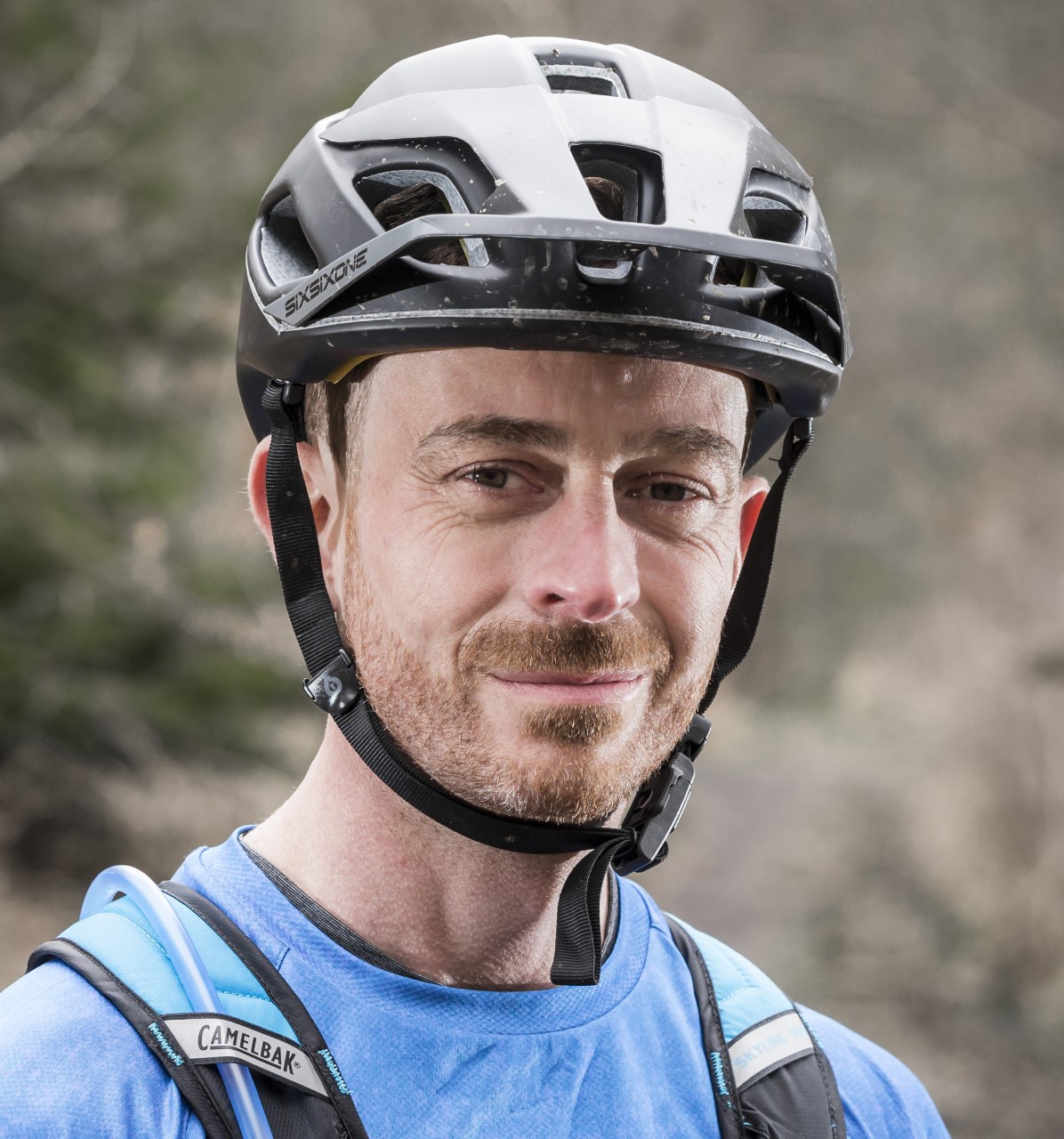With the growing popularity of Veganuary – going vegan for the month of January – more of us are questioning the need for meat in our diets.
There are plenty of reasons you might go vegan, whether it’s the ethical arguments against the meat and dairy industry, the environmental impact of a meat-heavy diet in the context of the current climate crisis, or the purported health benefits of a plant-based diet.
In this article we’ll explore why you might consider a plant-based diet, give you some top tips on how to make the transition and what to eat.
So, whether you’re already on board, considering the switch or completely shaking your head, read on to hear how more and more athletes are harnessing the power of plants and what a vegan diet could potentially offer cyclists.
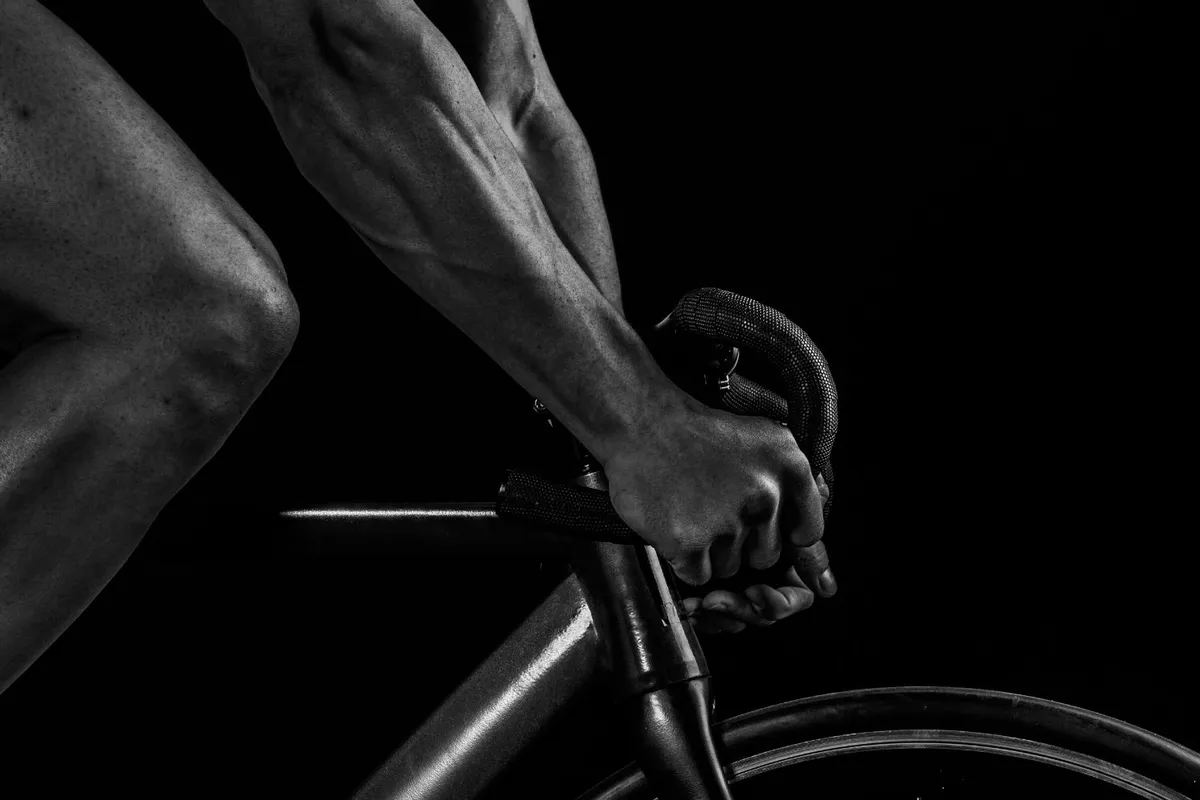
The rise of the vegan athlete
Gone are the days of the wispy, pale and protein-deficient vegan stereotype who lives solely on lentils and sad salads with limp lettuce. There’s a growing generation of vegan athletes, many of whom feature in the Netflix documentary The Game Changers, that are living proof that a vegan approach to nutrition can be done successfully.
Alongside the likes of Arnold Schwarzenegger, strongman Patrik Baboumian and ultramarathon runner Scott Jurek, is retired Team USA track cyclist Dotsie Bausch – seven-time USA Cycling National Champion, two-time Pan American Champion and Olympic silver medalist.
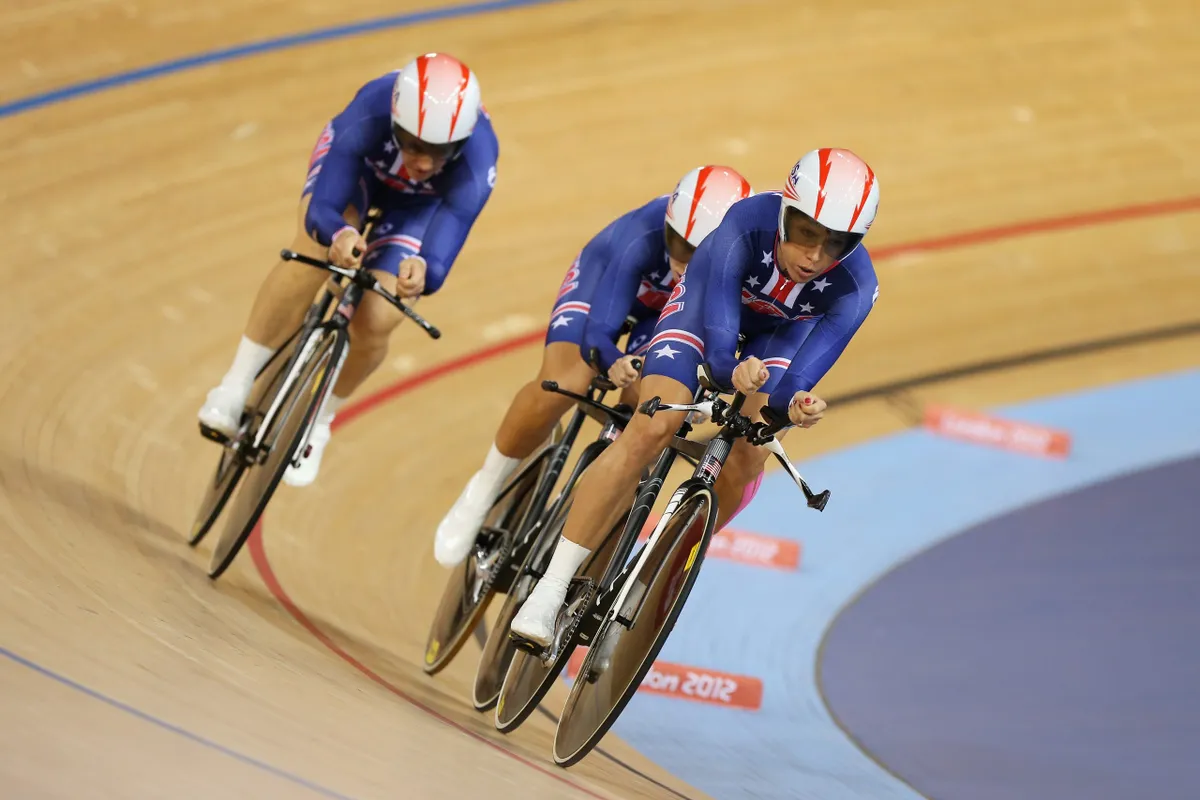
Other vegan cyclists include Adam Hansen (Lotto Soudal), Christine Vardaros (Stevens Pro Cycling), Catherine Johnson (Elite CX champion) and Paralympian David Smith MBE.
“But where do you get your protein?”
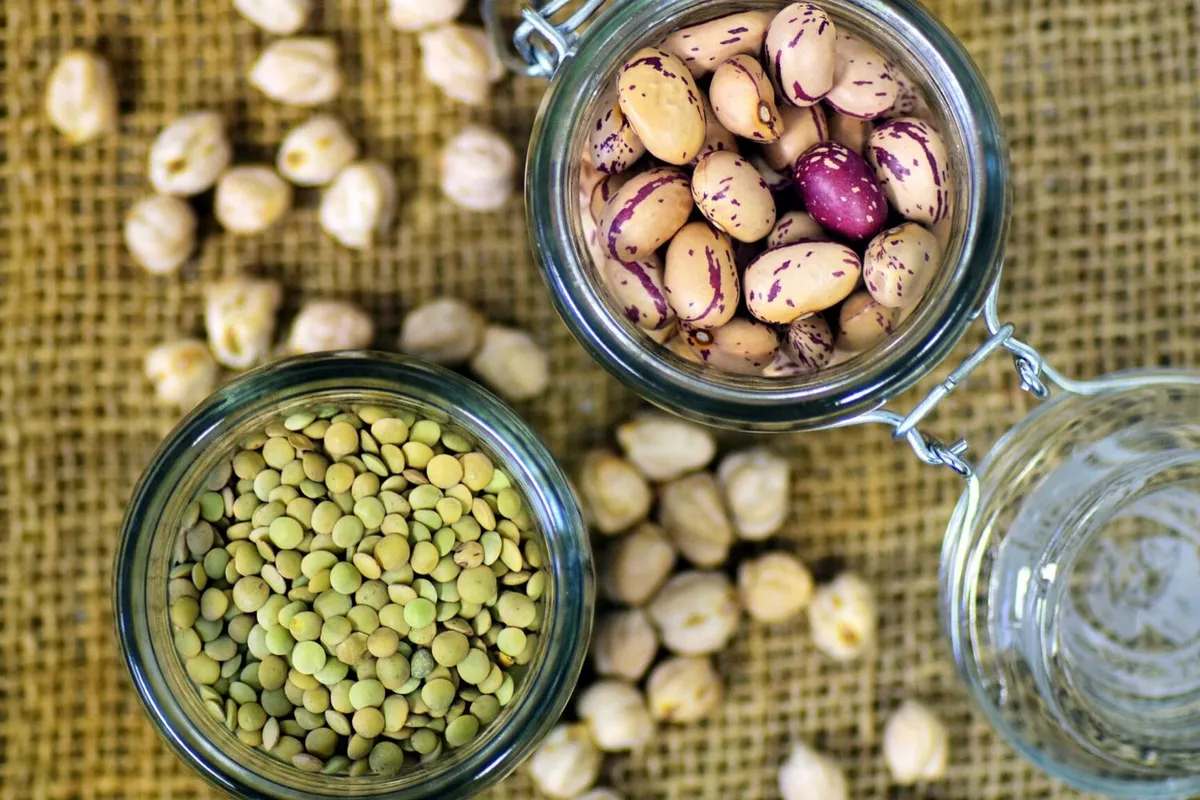
Name one vegan who hasn’t been asked this question! Despite the reigning belief that you need to eat meat to get enough, it’s simply not true. All plant foods contain protein (after all, where did your meat get it from in the first place?), you just need to eat a variety of them. Plus, you may not need as much protein as you’ve been led to believe.
Matt Ruscigno is a registered dietician, ultra cyclist, Ironman and marathon runner. He’s also been vegan for 20 years. He says you can get your protein from plants without even thinking about it.
“For an athlete, unless you’re doing serious body building or strength training, you need about 1g of protein per kilogram of bodyweight, so that’s 75g for someone who weighs 75kg, which is not that much,” he says. “If you’re eating around 2,000 calories in a day, that’s 15 per cent of your calories from protein.”
This is actually very easy to achieve if you regularly eat beans and whole grains. Beyond that, Matt says, excess protein is stored in the body. He explains, it “goes through a different process, where it is used as energy, or stored to be used as energy – otherwise known as body fat.”
You might be wondering why elite athletes and bodybuilders who consume far more protein aren’t carrying it around their waists and thighs. Put simply, they’re using it all, because of the nature of their sport. Extra protein is fine if you’re using that energy, but when you consume more than you use that’s where the problems begin. It’s important to work out how much you would need to fuel you through your training.
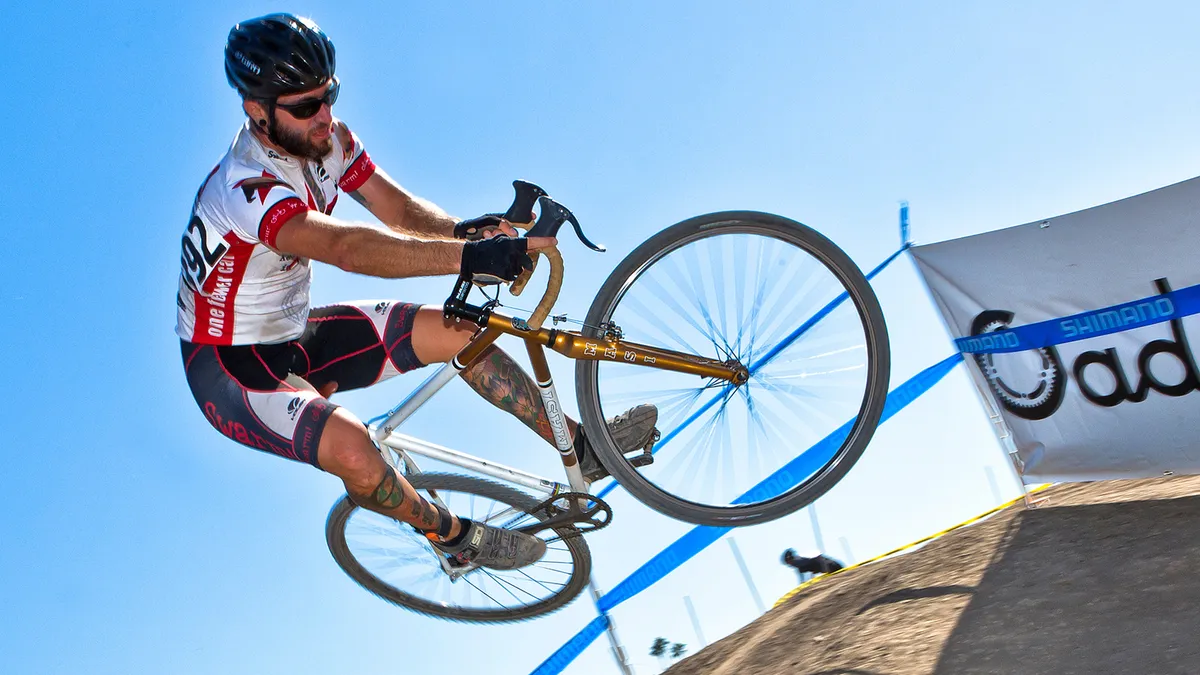
Top tips for going vegan
1
Do your research first
If you’re going to make a huge change to your diet, you need to understand what it is your body needs. The internet is full of people claiming to have tried a vegan diet, but then become ill as a result. It’s most likely down to a lack of research and understanding of nutrition.
Keep a go-to list of foods that provide all the nutrients you need, and try to eat as many of them as possible throughout the week. There are plenty of free resources to help you.
2
Eat enough calories
So we have nothing to lose and everything to gain from making the switch to a vegan diet. What is Matt’s final piece of advice for athletes looking to go plant-based?
“Make sure you are eating enough. People who switch to vegan and say, ‘Oh, I didn’t have any energy’, it’s because they weren’t eating enough. When you replace calorifically dense foods with foods that have more volume and fewer calories, you feel like you’re eating the same but you’re not. But that means you get to eat more!
“When running or riding some people can survive on just bananas and dates, while others might want to use bars and gels,” he continues. “Pretzels have been great for me on long rides. They’re not exactly a health food but they are easy carbs and protein, and I can easily get hold of them them in any store.
“We can look at different components and ask: ‘Can you get the carbohydrates for fuel? Can you get the protein for muscle? Can you get all nutrients?’ And the answer to all of these is yes."
Five vegan athlete store cupboard essentials
Keep these in your kitchen so you get all the protein and nutrients you need.
Quinoa
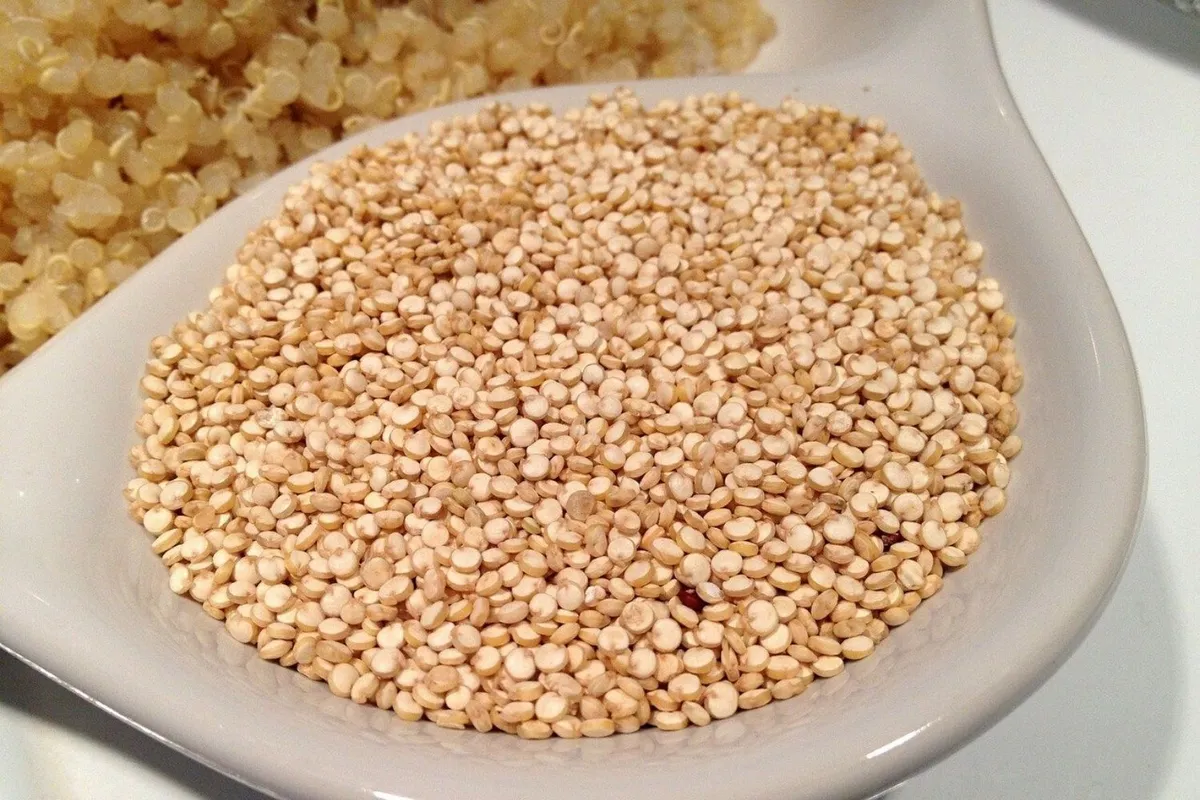
This seed has twice as much protein as rice or barley and contains all nine essential amino acids. Quinoa is also an excellent source of minerals and B vitamins. Simple to cook, use it in place of rice or couscous, in salads, or as a porridge.
Nut butter
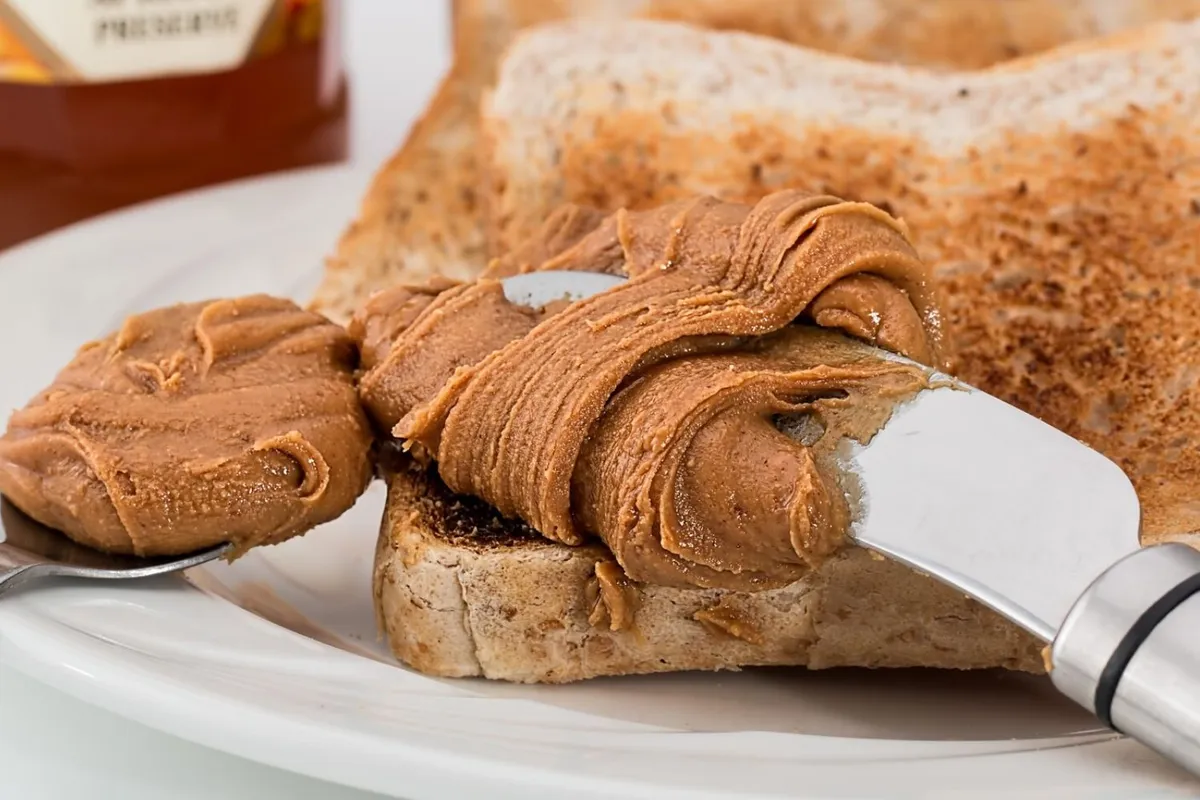
Raw nuts are a good source of protein, useful fats and minerals such as selenium. While peanut butter made with whole nuts is widely available, there are all kinds of other delicious nut butters out there to try.
Flaxseed oil
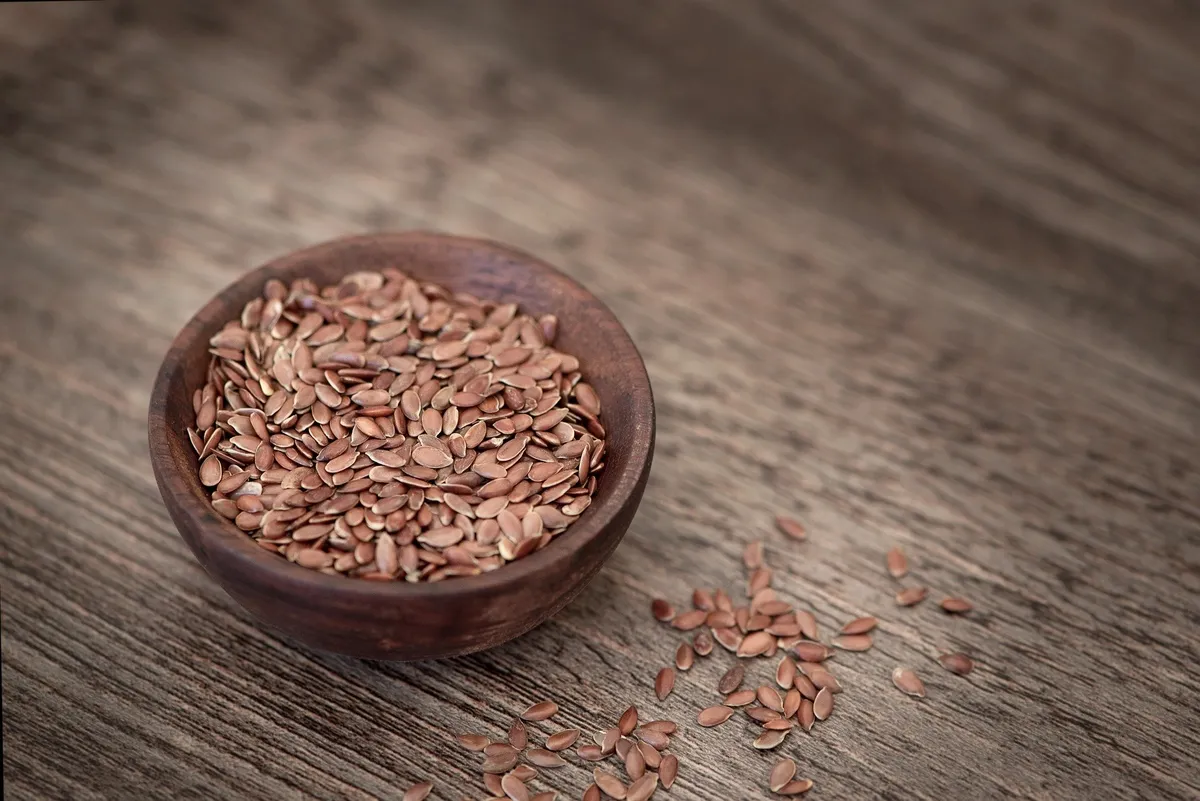
An alternative to oily fish, flaxseeds contain alpha-linolenic acid which is an important omega-3 source with many benefits. Take flaxseed on its own or add it to fresh juices and salads. Avoid heating as it will degrade the health benefits.
Tofu

Widely known as a good protein source, tofu also contains decent amounts of calcium and iron. While it tastes pretty bland in its raw state, it absorbs strong flavours very well and is available in many different varieties these days.
Virgin coconut oil
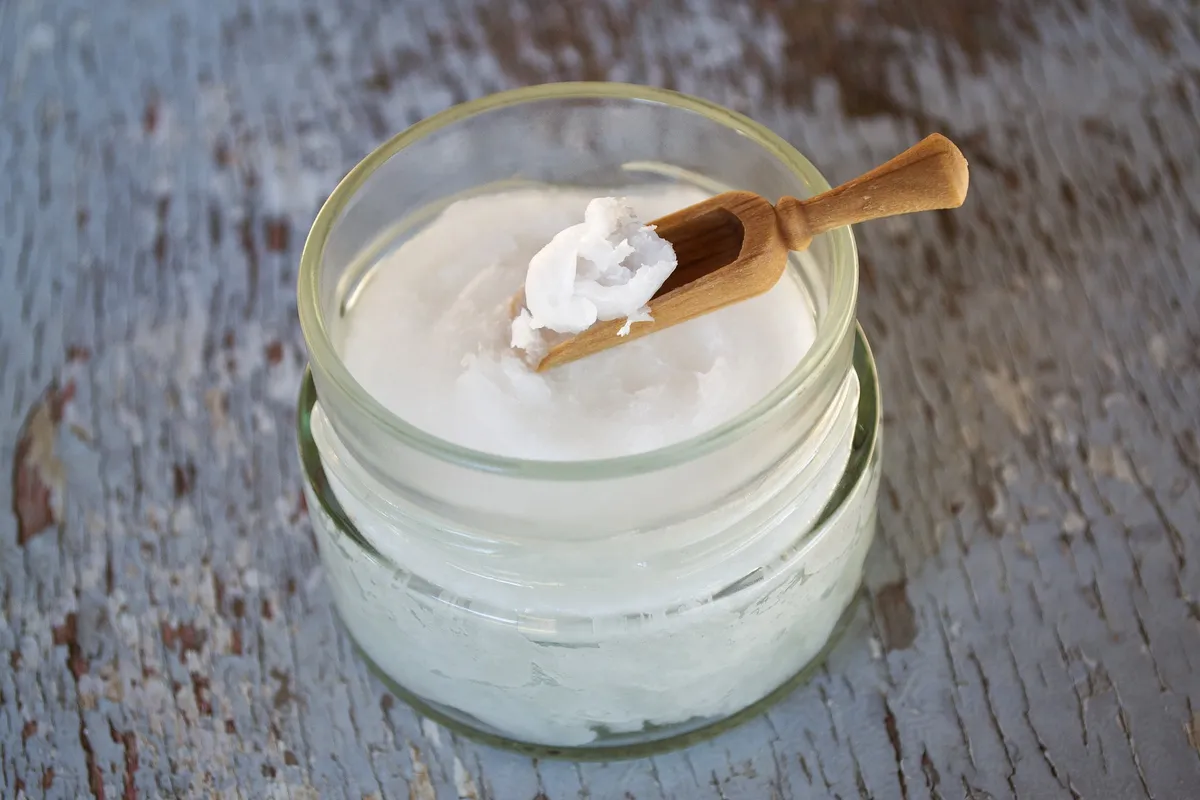
With a saturated fat level of around 90 per cent you’d think coconut oil to be far from healthy. Most of these fats are medium chain triglycerides though, which are metabolised harmlessly. Try coconut oil as a spread or for frying or cooking.

